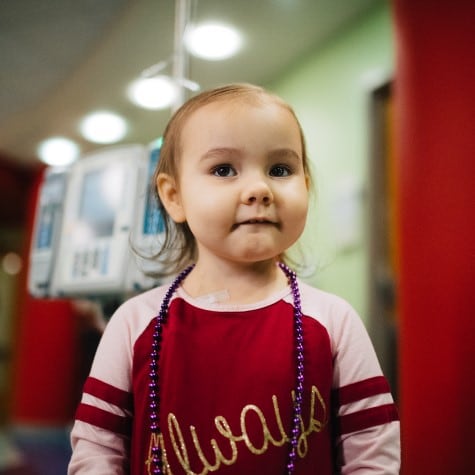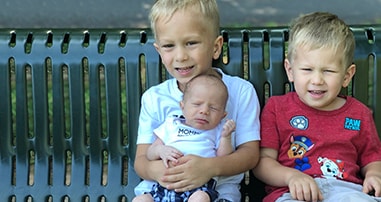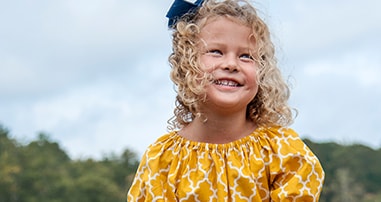Children Need Children’s

Committed to the Best Care for Kids
We’re in this together
With your support, Children’s can get even closer to fulfilling our goal of giving all children the quality care they deserve—now and for years to come. Our kids never stop fighting. Neither will we.
Join Us













